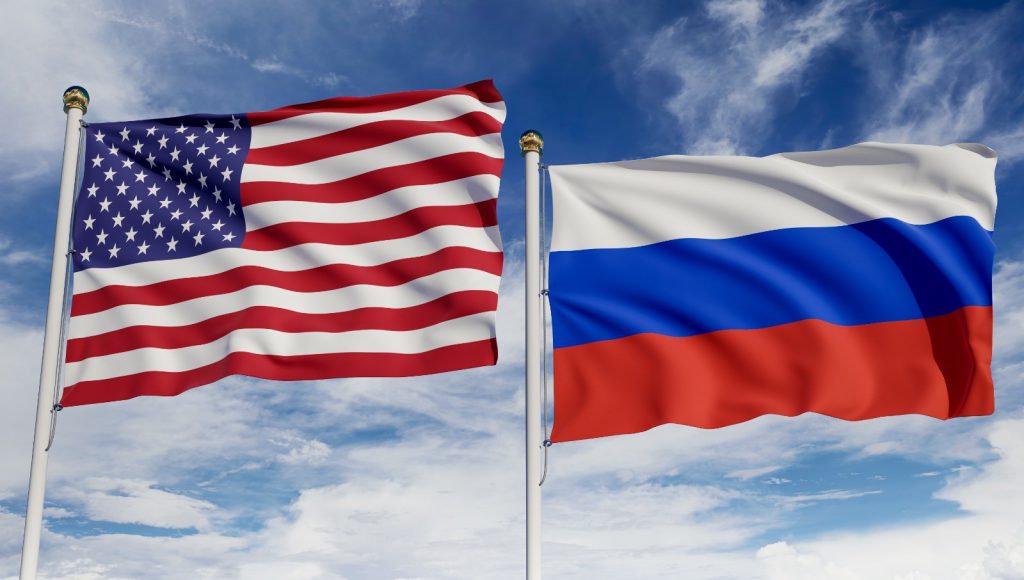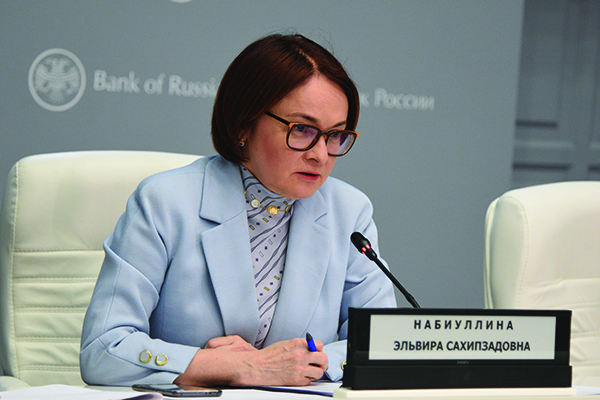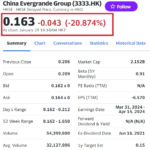Coinciding with the BRICS overall de-dollarization plans, 20 nations have adopted the Russian Payment system to ditch the US dollar. Indeed, the country has said that its alternative to the SWIFT already has more than 159 foreign participants.
For the BRICS alliance, finding a way to challenge the Western payment system has been a key aspect of its infrastructure. Subsequently, Russia’s System for Transmitting Financial Messages (SPFS) could be that alternative. Indeed, Russia Central Bank Governor Elvira Nabiullina announced a recent BRICS discussion.

Also Read: BRICS: No Demand For US Dollar Bonds, Sales Get Worst Start Since 2016
Russia’s SWIFT Alternative Already Has 20 Countries Joining
For much of 2023, the BRICS economic alliance has sought to increase its de-dollarization plans. Both Russia and the newly invited nation Iran have suffered from Western sanctions. Moreover, the other countries are fearful of similar actions against them. Therefore, the bloc is seeking to combat the overall global status of the greenback.
Amid those efforts, the alliance has sought to create an alternative to the Western SWIFT. Now, amid the BRICS continued ascension, 20 countries have joined the Russian payment system to ditch the US dollar. Specifically, Russia’s Central Bank governor spoke to other BRICS nations about the development.

Also Read: 34 Countries Look to Join BRICS Alliance After Saudi Arabia’s Entry
“Russia has a System for Transmitting Financial Messages (SPFS), which is an alternative to SWIFT. Similar infrastructures exist in some other countries. We are holding discussions on the interaction of such platforms, but here the interest and technical readiness of our partners are important,” Nabiullina said. Thereafter adding the nations who have already joined, and its 159 foreign participants.
SWIFT is an international interbank system that transmits information and makes payments between 11,000 organizations in every country on the planet. Russia’s alternative is seeking to fulfill a mirroring function but without the over-reliance on the US dollar. Things like this, and the BRICS Pay initiative launched last year, should continue to aid its de-dollarization plans over the coming year.















